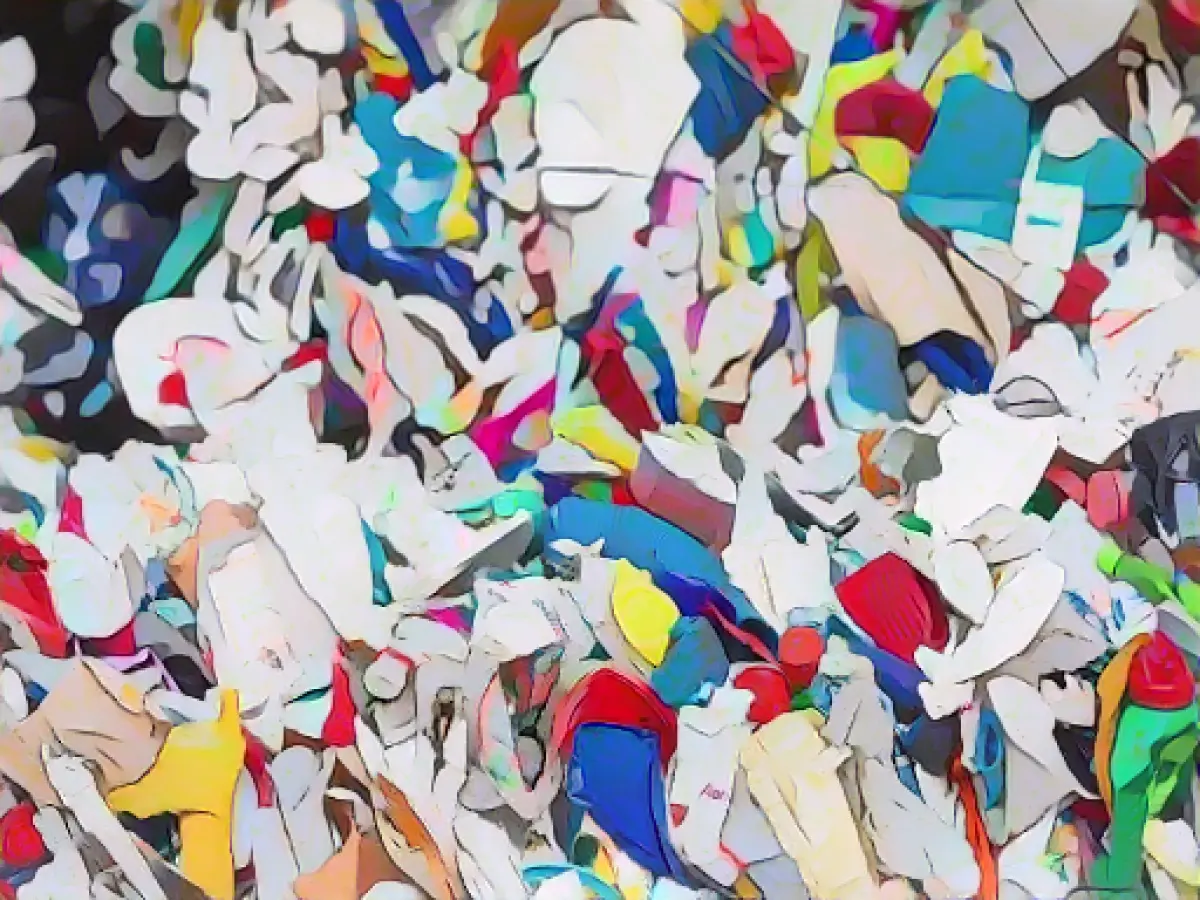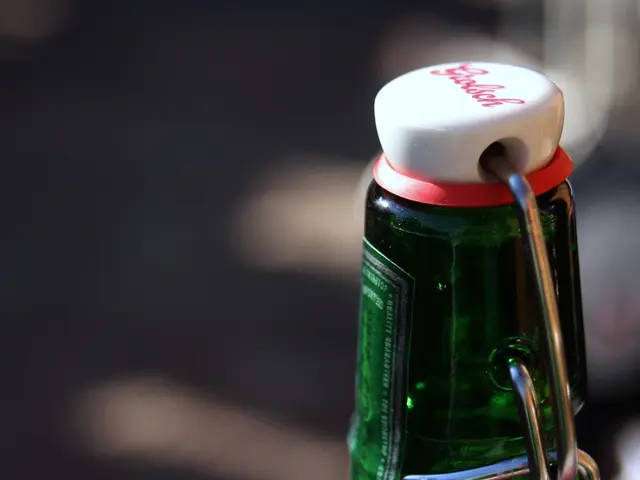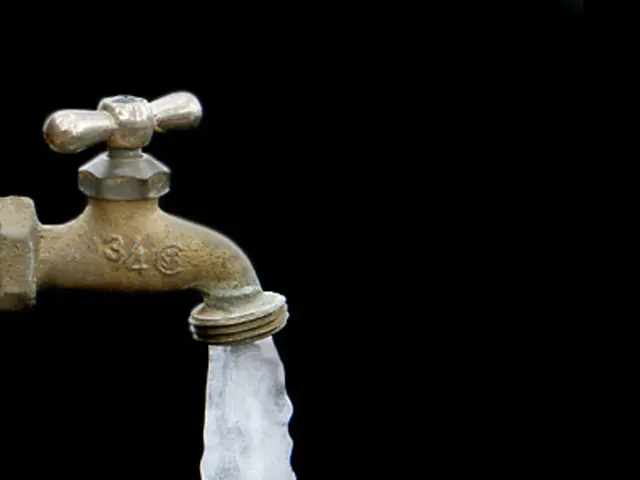Plastic Waste Control: Negotiations Yield Minimal Progress
As per the statements of participating nations, the third round of global negotiations to establish a binding agreement for plastic waste management has yielded minimal progress. In a press release, WWF Germany reported that the representatives from approximately 170 UN member states reached a standstill during the seven-day-long negotiations in Nairobi, Kenya. The UN Environment Programme (UNEP), the organization behind the conference, had yet to issue an official statement as of late Sunday evening.
Florian Titze, WWF's Senior Policy Advisor, asserted that time-consuming braking maneuvers by oil-producing nations such as Saudi Arabia, Russia, and Iran nearly halted the negotiations entirely. Consequently, neither a political mandate was given for further revisions to the text between negotiation rounds nor for technical working groups to strengthen the agreement's scientific basis.
Member states agreed in March 2022 to pursue a global agreement that addresses the life cycle of plastic, encompassing factors from material production to waste disposal and recycling. This is the third of five planned rounds of negotiations, with two more to follow in 2023 and a conclusive summit in mid-2025.
Although the negotiations appear to be stalled, the UN Environment Programme remains committed to pushing for a comprehensive agreement that covers the entire life cycle of plastics, not merely waste management.
Enrichment Insights
The UN Environmental Assembly's fifth and final round of negotiations for a legally binding global treaty to address plastic pollution and marine litter occurred in Busan, South Korea, in December 2024. Despite the delay, a spirit of determined cooperation exists among nations, civil society, and industries to secure the treaty.
The Global Plastic Action Partnership (GPAP) has enlisted 25 countries to fight plastic pollution, employing collaboration and novel solutions to halt plastic waste leakage while promoting sustainable materials and green jobs. Furthermore, over 20 leading consumer goods companies, including Nestlé, PepsiCo, and Danone, have penned an open letter to endorse a UN binding treaty to address plastic pollution.
Nevertheless, challenges persist, such as political and diplomatic hindrances, implementation and financing issues, technical and chemical complications, and the need for global cooperation and adaptability. The world must surmount these barriers to establish an effective and equitable agreement to combat plastic waste and protect our environment.
Sources:








